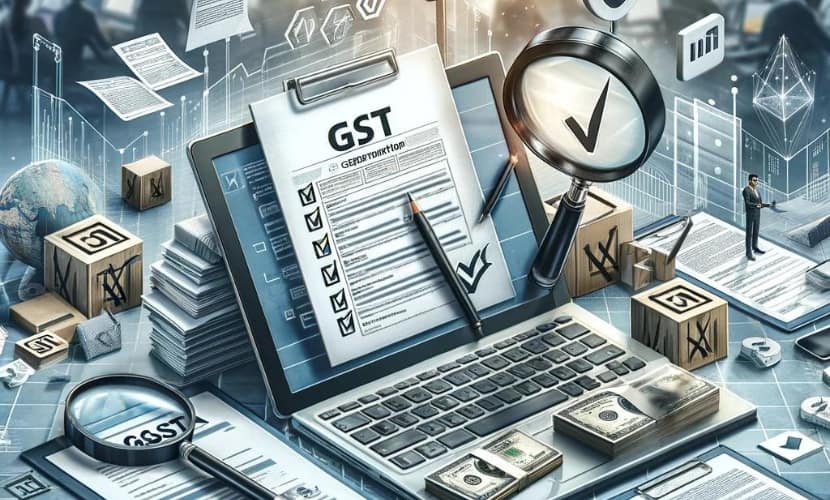Understanding Singapore’s Tax System for New Business Owners

In this informative blog post, we will decode Singapore’s tax system, providing a comprehensive overview of various tax types, rates, and obligations that business owners must be aware of when operating in the city-state.
Corporate Income Tax: Understanding Its Structure and Rates
Corporate Income Tax (CIT) is levied on the taxable income of companies operating in Singapore and the income sourced from abroad that is remitted to the city-state (subject to certain exemptions). Singapore has a territorial-based taxation policy, which means that only income earned in Singapore or received from overseas but remitted to Singapore is subject to taxation.
The headline CIT rate is currently set at 17% on the chargeable income of companies. However, businesses in Singapore can benefit from various tax exemptions and schemes, potentially lowering the effective tax rate. For example, newly incorporated companies can benefit from a 75% exemption on their first S$100,000 of chargeable income and a further 50% exemption on the next S$100,000 of chargeable income for their first three consecutive years of operation.
Goods and Services Tax: Compliance and Registration
The Goods and Services Tax (GST) is a consumption tax levied on the domestic supply of goods and services, and imported goods, in Singapore. Currently, the standard GST rate is 7%, although some goods and services are exempt or zero-rated.
Business owners should be aware of their GST registration obligations. Companies with an annual taxable turnover exceeding S$1 million must register for GST, while those with a turnover below this threshold can voluntarily register and charge GST. The registration process involves applying to the Inland Revenue Authority of Singapore (IRAS), followed by regular GST reporting and payment.
Employment-Related Taxes: CPF Contributions and Withholding Tax
Singapore has an employer-paid mandatory social security system called the Central Provident Fund (CPF). CPF is a comprehensive social security savings plan designed to provide working Singapore citizens and permanent residents with financial security in their retirement years. Employers are required to contribute to their employees’ CPF accounts at designated rates, subject to a salary ceiling.
Additionally, employers must also be aware of their tax withholding obligations. In some cases, employers are responsible for withholding and remitting tax to the IRAS from payments made to non-resident employees, freelancers, or directors for services rendered in Singapore. The withholding tax rate is generally determined based on the type of income and the individual’s resident status.
Tax Benefits, Schemes, and Incentives in Singapore
Singapore offers a range of tax benefits, schemes, and incentives designed to promote entrepreneurship, stimulate innovation, and attract foreign investment. These incentives include corporate income tax rebates and exemptions, R&D and productivity enhancement schemes, and industry-specific incentives.
For example, the Productivity and Innovation Credit (PIC) Scheme is a popular incentive that helps businesses offset innovation and productivity improvement costs by providing enhanced tax deductions or cash payouts. Singapore’s Double Tax Relief (DTR) mechanism also ensures that businesses are not doubly taxed by allowing a dollar-for-dollar tax credit on specific foreign-sourced income remitted to Singapore and taxed abroad.
Partner with 3E Accounting Pte Ltd – Singapore for Streamlined Tax ComplianceM
Understanding the essentials of Singapore’s tax environment is crucial for effective tax planning, compliance and, ultimately, the growth of your business. Partnering with professional service providers can help you navigate the complexities of the local tax system, ensure timely compliance, and take full advantage of the available tax benefits and incentives to optimise your company’s operations.
Entrust your tax compliance and planning needs to our team of specialists and ensure a seamless and efficient operation for your company in Singapore. Contact our expert team today to create a tailored tax strategy in Singapore and unlock the full potential of the city-state’s attractive tax environment.












